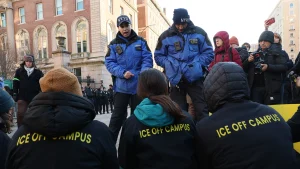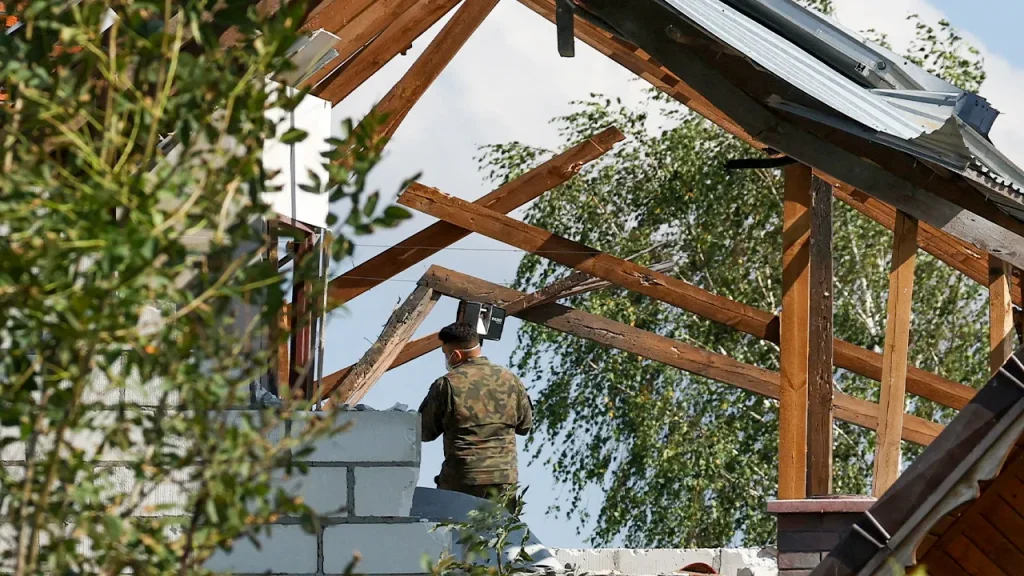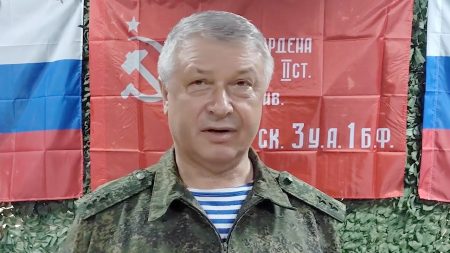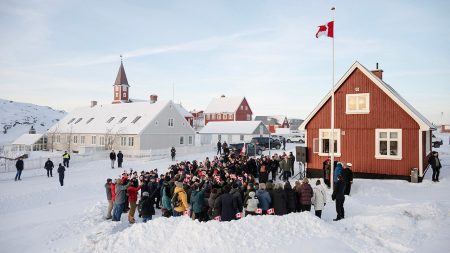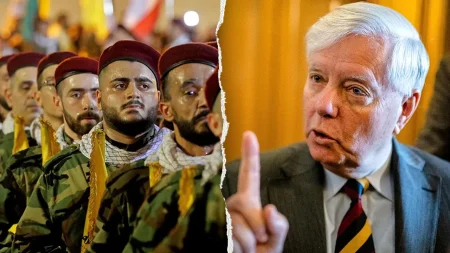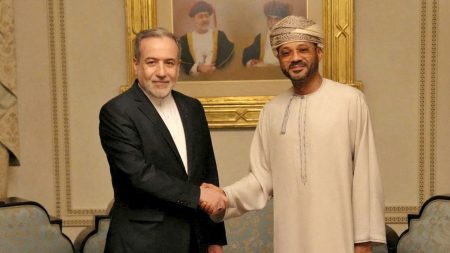NATO Stands Firm Against Russian Airspace Violation Over Poland
In a significant escalation of tensions, NATO has issued a forceful rebuke to Russia following an incident where Russian drones intended for Ukraine violated Polish airspace during the early hours of Wednesday. NATO Secretary-General Mark Rutte confirmed the breach, stating, “Last night, numerous drones from Russia violated Polish airspace. Our air defenses were activated and successfully assured the defense of NATO territory, as they are designed to do.” This incident marks what NATO spokesman Colonel Martin O’Donnell described as “the first time NATO planes have engaged potential threats in allied airspace,” underscoring the gravity of the situation. In response, the North Atlantic Council convened at Poland’s request under Article IV of the Washington Treaty, with all 32 alliance members expressing solidarity with Poland and condemning Russia’s actions as reckless.
The violation of Polish airspace represents a concerning development in the ongoing conflict that has now stretched beyond three years. Polish Prime Minister Donald Tusk confirmed the breach on social media, describing it as “a huge number of Russian drones” entering his country’s airspace. What makes this incident particularly noteworthy is the collective defense response it triggered among NATO allies. Dutch Prime Minister Dick Schoof revealed that Dutch F-35 fighter jets stationed in Poland under NATO command provided support during the aerial incursion, emphasizing, “Let me be clear: the violation of Polish airspace last night by Russian drones is unacceptable. It is further proof that the Russian war of aggression poses a threat to European security.” This coordinated response demonstrates NATO’s commitment to its founding principle of collective defense.
Ukrainian President Volodymyr Zelenskyy offered additional context regarding the timeline and scope of the incursion. According to Zelenskyy, the first crossing of a Russian drone from Ukraine into Poland was recorded at approximately 12:50 a.m. Kyiv time on Wednesday. He further detailed that “at least two Russian drones that entered Polish territory during the night used Belarusian airspace,” suggesting a potentially complex operational route. The Ukrainian leader noted that dozens of Russian drones were moving along the Ukraine-Belarus border and across western Ukrainian regions, seemingly targeting locations in both Ukraine and Poland. While verification was still ongoing, Zelenskyy indicated that as many as two dozen Russian drones may have breached Polish airspace during the operation.
The incident has galvanized NATO’s resolve to support Ukraine in its defensive efforts against Russian aggression. Secretary-General Rutte affirmed that NATO allies are “determined to step up their support for Ukraine” following this latest provocation. This statement reflects the alliance’s growing concern that Russia’s actions are increasingly threatening the security of NATO member states directly, not merely through proxy conflicts. Zelenskyy seized the opportunity to call for expanded cooperation with international partners, stating, “Ukraine is ready to expand our cooperation with partners for reliable protection of the sky. So that we have not only information and intelligence data sharing, but also real joint actions that guarantee security of the neighbors.” His statement highlights Ukraine’s interest in deeper integration with Western defense systems and strategies.
The drone incursion represents a significant test of NATO’s air defense capabilities and its collective security commitment. NATO’s immediate response, including the activation of air defense systems and the deployment of fighter jets, demonstrated the alliance’s operational readiness to protect member states’ sovereignty. The violation also occurs against the backdrop of increasing Russian aerial attacks against Ukrainian infrastructure and civilian targets, which have intensified in recent months. These attacks have pushed Ukraine to repeatedly request additional air defense capabilities from Western allies, with incidents like the Polish airspace violation potentially strengthening the case for such support. As NATO spokesperson Allison Hart confirmed, the alliance’s national envoys were set to discuss the matter at a planned meeting, indicating that diplomatic and strategic responses were being formulated at the highest levels.
The broader implications of this incident extend beyond the immediate military response. It represents a moment when the consequences of Russia’s war against Ukraine directly impacted NATO territory, potentially changing the calculus for both the alliance and the Kremlin. Zelenskyy’s conclusion that “Russia must feel that Europeans know how to defend themselves” speaks to a growing sentiment among NATO and its partners that deterrence requires demonstrated capability and resolve. As NATO continues to navigate this complex security environment, the incident over Polish airspace may mark a pivotal moment in how the alliance perceives and responds to threats emanating from Russia’s military activities. The unity displayed in defense of Poland’s sovereignty sends a clear message about NATO’s commitment to its eastern members who share borders with Russia or its ally Belarus, potentially influencing future Russian military planning and operations in the region.
